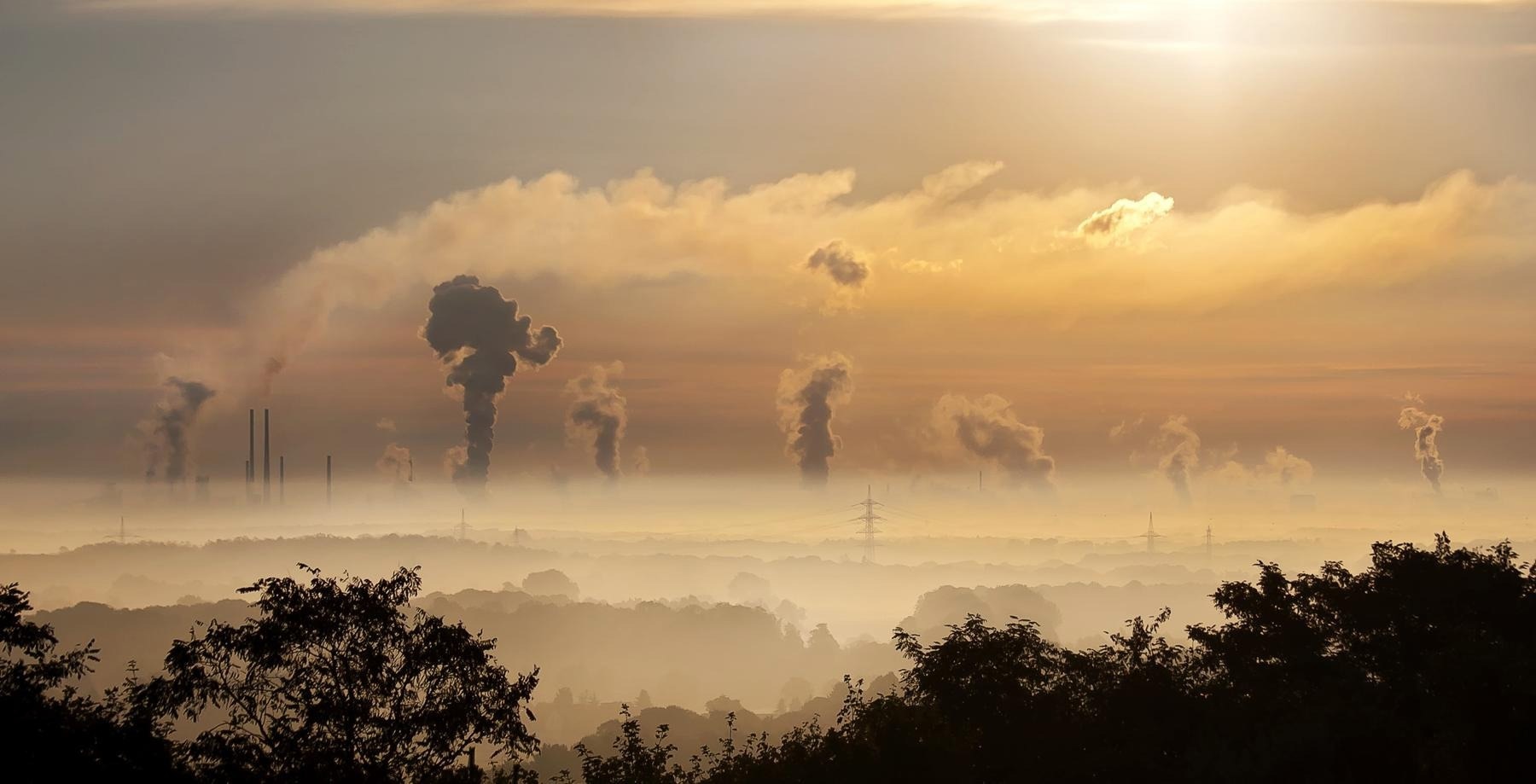The acute issue of air pollution in Africa and the necessity for international action to address it have been highlighted in a recent study published in Nature Geoscience.

Image Credit: University of Birmingham
African nations have been affected by the worsening of air quality, which has led to the most polluted cities in the world for the past 50 years. The particulate matter concentration levels are 5–10 levels more than recommended by the World Health Organisation, with the situation expected to worsen as the population grows and industrialization accelerates.
However, with only 0.01% of worldwide financing for air pollution currently allocated to Africa, far too little has been done to attempt and mitigate the harmful air quality.
Air pollution in Africa is not just a problem for people living on the continent, but for the wider world, limiting the ability to meet global climate targets and combat the climate emergency.
Francis Pope, Professor, University of Birmingham
The new perspective article, which was published on November 7th in Nature Geoscience, from the University of Birmingham, University of Cambridge, Imperial College London, South Eastern Kenya University, and the African Centre for Clean Air, contends that resolving this issue calls for international cooperation, regionally specific solutions, and coordinated efforts from African countries.
The burning of biomass fuel for cooking, heating, and lighting, the crude oil exploitation and coal mining industries, and old vehicles being shipped in from Europe are all causes for the poor air quality in African nations. This dangerous air can cause complex and sometimes deadly health issues for those breathing it in. If this wasn’t enough of a reason to tackle this issue, air pollution in Africa is not just a problem for people living on the continent, but for the wider world, limiting the ability to meet global climate targets and combat the climate emergency.
Francis Pope, Study Co-Author and Professor, Atmospheric Science, University of Birmingham
Ten major African cities have made several efforts for years to challenge air pollution, such as the validation of the C40 Clean Air Declaration. Initiatives to track the amount of air pollution and gather vital data are also starting to gain traction.
However, there is still more work to be done. The researchers propose that to create significant change and use existing knowledge on controlling and reducing air pollution, regional and global initiatives must be coordinated.
They demand immediate collaboration on:
- Continuous air monitoring using a sensor network to create a precise picture of air pollution fluctuations and track progress
- Clean energy investments such as solar, hydropower, and wind are needed to meet Africa’s energy demand, which is predicted to treble by 2040
- Improved solid waste management to reduce garbage dumping and burning while increasing reuse, recycling, and recovery rates
- Investment in ecologically friendly technology will allow African countries to prosper economically while avoiding dirty and outdated technology from the Global North
- Infrastructure measures to reduce emissions from the transportation sector, as well as improved public transportation and the adoption of tougher emission standards for fuel and imported automobiles, are all being considered
Air pollution is complex and multifaceted with different sources and patterns within society. Addressing it requires more ambitious, collaborative, and participatory approaches centered on the involvement of stakeholders in policy, academia, business, and communities to co-design and co-produce context-specific interventions. This should be catalyzed by increased investment in interventions that are addressing air pollution. Africa has the opportunity to leverage the growing political will and tap into the young population to accelerate action towards the five broad suggestions in our paper.
Dr Gabriel Okello, Study Co-Author, Institute for Sustainability Leadership, University of Cambridge
Dr Andriannah Mbandi, study co-author from the South Eastern Kenya University added, “The burden of air pollution unjustly rests on poorer populations, and women and children, as they most likely face higher exposure to pollutants and most probably experience more impacts. Thus, clean air actions will go some ways in redressing some of these inequalities in Africa, in addition to the benefits to health and the environment.”
They concluded, “There is no ‘one size fits all’ solution to Africa’s air quality problems, and each region and population will have their own specific challenges to overcome. But by being proactive and doing these five actions there will be a reduction in air pollution levels, meaning healthier people and a healthier planet.”
Journal Reference:
Mead, M. I., et al. (2023) Spotlight on air pollution in Africa. Nature Geoscience. doi:10.1038/s41561-023-01311-2